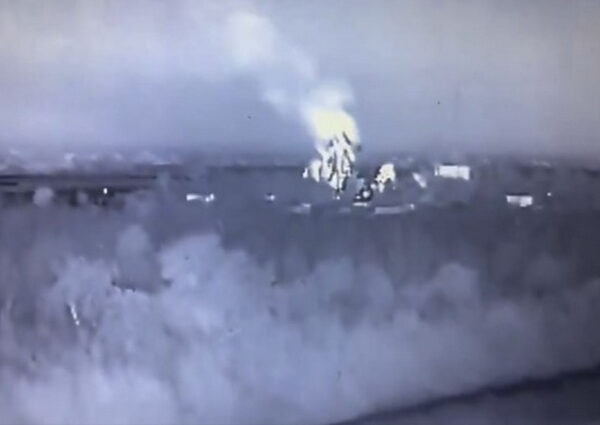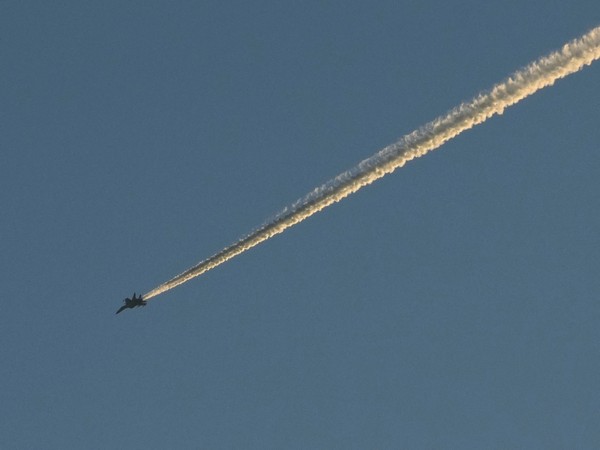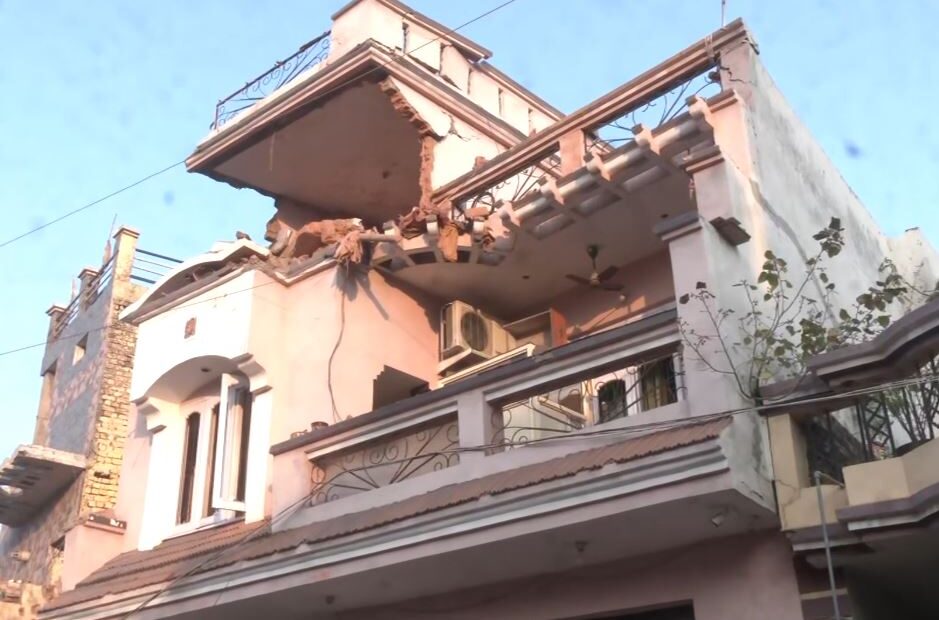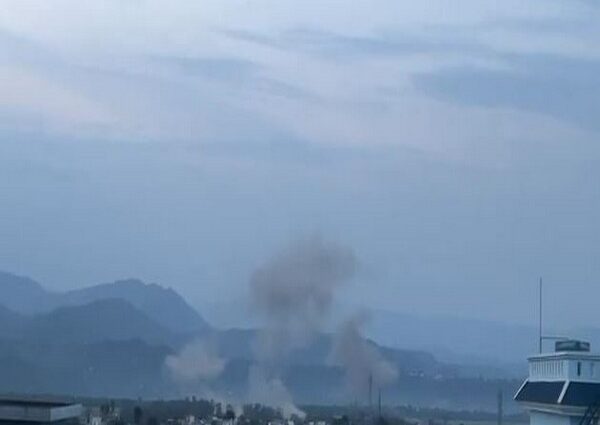Indian Armed Forces launched a strike on May 7, targeting nine terror infrastructure sites in Pakistan and Pakistan Occupied Kashmir (PoK) under Operation Sindoor. The operation resulted in the elimination of key terror operatives, including Mohammad Yusuf Azhar, the brother-in-law of Jaish-e-Mohammad chief Masood Azhar, according to sources.
According to sources, Yusuf Azhar, a key member of the proscribed terrorist organisation Jaish-e-Mohammad (JeM), was responsible for handling weapons training for JeM operatives and was involved in multiple terrorist attacks in Jammu & Kashmir.
Azhar was also involved in the conspiracy to hijack Indian Airlines aircraft IC-814 from Kathmandu (Nepal) to Delhi. A Red Corner notice number A-565/6-2000 was issued against him.
Judea Pearl, father of Jewish-American Journalist Daniel Pearl, who was beheaded on camera in 2002 by terrorists, clarified reports of Azhar’s death and his connection to his son’s murder.
“I want to thank all of you who reached out to me today in response to the news that India’s military forces have eliminated Abdul Rauf Azhar, a man described as ‘responsible for the kidnapping and murder of my son, Daniel.’ I want to clarify: Azhar was a Pakistani extremist and leader of the terrorist organization Jaish-e-Mohammed. While his group was not directly involved in the plot to abduct Danny, it was indirectly responsible. Azhar orchestrated the hijacking that led to the release of Omar Sheikh, the man who lured Danny into captivity. Sheikh was later sentenced to death but ultimately released from prison and kept in a “Government Safe House”,” Pearl said in a post on X.
Former Journalist and colleague of Daniel Pearl at US-based Wall Street Journal, Asra Nomani, hailed India’s recent Operation Sindoor in Bahawalpur, which she revealed the place used by Pakistan for its “home-grown terrorists”.
In a post on X, Nomani said that when India started its action against Pakistan, she had only one city’s name that was Bahawalpur.
“I still have chills in my heart from when I first heard that town’s name in late January 2002. For the 23 years since, I have reported on how Pakistani intelligence and military leaders have used that city, Bahawalpur, in the southern province of Punjab as a base for its homegrown domestic terrorists. When I heard India bombed training camps in Pakistan this week in Operation Sindoor, in response to a Pakistani terrorist rampage in India’s Kashmir state, I had one city’s name on my lips: Bahawalpur,” she said.
“My friend, WSJ reporter Danny Pearl, went to Bahawalpur in December 2001 with a notebook and a pen. Gen. Pervez Musharraf had just promised he was shutting down Pakistan’s militant groups after a strike by Pakistan’s terrorists against the Parliament in India, and Danny reported on the militant offices in Bahawalpur. He literally knocked on their doors,” Nomani recalled.
Asra Nomani further mentioned that the militant training camps were open for business in Bahawalpur.
“On January 23, 2002, Danny left a home I had rented in Karachi, Pakistan, for an interview. I learned that Danny’s fixer, Asif Farooqi, had arranged an interview for Danny through a man named “Arif.” Danny didn’t know it but Arif was the PR man for a militant group, Harkutul Mujahadeen. What was Arif’s hometown? Bahawalpur. The police launched a manhunt to find Arif in Bahawalpur. We learned Arif’s family faked a funeral for Arif. Police found him trying to board a bus in Muzaffarabad, across the country by Pakistan’s border with Kashmir. It is another town India said it bombed terrorist training facilities,” the Journalist said.
Asra Nomani recalled that Daniel was handed off to Omar Sheikh, a British-Pakistani dropout from the London School of Economics, radicalised in the 1990s in London mosques.
“Omar Sheikh was freed with Pakistani terrorist leader Masood Azhar, whose family was allegedly killed this week by India’s air strike in Bahawalpur. Did Pakistan jail Omar Sheikh and Masood Azhar when they returned to Pakistan with a third terrorist, freed from India’s jails? No. Pakistan’s military and intelligence gave them safe passage. They used them as weapons against India. But in fact these domestic terrorists have waged war against innocents in Pakistan, like civil society activists, Benazir Bhutto, Punjab Governor Salman Taseer, schoolchildren and countless others,” Nomani said.
“Their extremism has ruined Pakistan, and Pakistanis can’t blame America for creating the mujahideen to fight the Soviets in the 1980s,” she asserted.
Hailing Operation Sindoor further, Asra said that India is doing a strategic attack on terrorist bases, which Pakistan itself should have eliminated.
“Pakistan has had a duty to dismantle those terrorist bases, for even the safety of its own people. What India is doing is a strategic attack on terrorist bases ,Pakistani military and intelligence should have eliminated but never did in their obsession to take over Kashmir,” she said.
Bahawalpur is home to the Markaz Subhan Allah, a key Jaish-e-Mohammad (JeM) facility that has been active since 2015. Serving as the group’s primary hub for training, indoctrination, and operations, it also functions as JeM’s operational headquarters. The centre has been linked to multiple terror plots, including the February 14, 2019, Pulwama attack. It houses the residences of JeM founder Maulana Masood Azhar, de facto leader Mufti Abdul Rauf Asghar, Maulana Ammar, and other members of Azhar’s family. (ANI)









